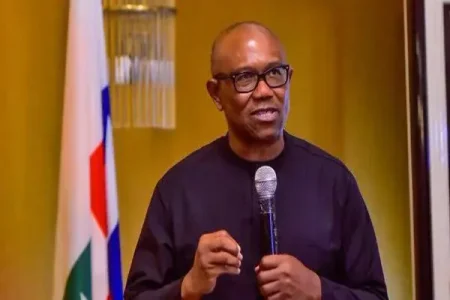
Between 2019 and 2023, Nigeria's Ministry of Humanitarian Affairs, Disaster Management, and Social Development illicitly transferred over N1.4 billion into the private bank accounts of eight staff members, as revealed by data from Govspend. This breach of various financial regulations occurred during the tenure of suspended minister Betta Edu and her predecessor Sadiya Farouq, both under investigation by the EFCC for corruption.
The ministry's actions led to the suspension of Halima Shehu, National Coordinator of the National Social Investment Programme Agency (NSIPA), and the halting of all four NSIPA-administered programs. The transfers, totaling 118 transactions, involved recipients like Balogun Ibrahim, Ahmed Bomai, and others, who received funds in tranches between 2019 and December 2023.
The ministry used ambiguous payment descriptions, such as for "logistics for the production of budget defense for various committees," to conceal illegal activities. These transfers violated Nigeria's Financial Regulations of 2009, which prohibit the payment of public funds into private accounts.
Despite investments in platforms like the Government Integrated Financial and Management Information System (GIFMIS), the ministry circumvented financial oversight, fostering corruption and kickbacks. When queried, ministry officials admitted the transfers' illegality but defended their actions, citing operational challenges.
The ministry's use of private accounts highlights systemic issues within Nigerian governance, where enforcement of financial regulations remains lax. The EFCC investigation underscores the broader problem of corruption within government agencies.
This summary is based on an article from Premium Times, authored by 'Ibanga Isine,' published on February 26, 2024.




